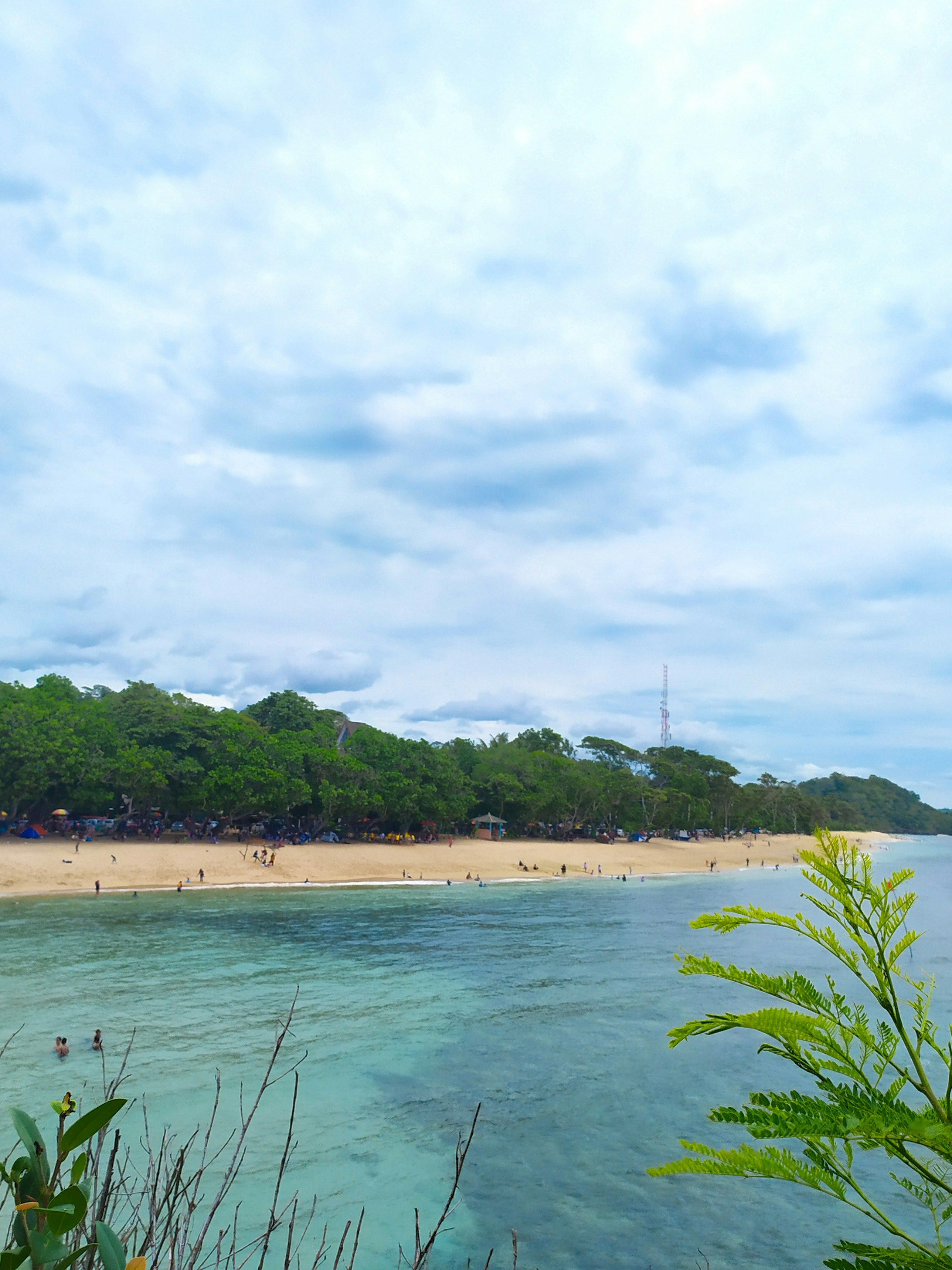Wake-Up Call for Rhineland-Palatinate Businesses: Potential Economic Storm Ahead
Economic Condition Grave: Chamber of Commerce Warns of Gravity - Grave financial predicament prevails
businesses in Rhineland-Palatinate, Germany, are bracing themselves for some tough times. Economic headwinds are sweeping across the region, and the State Association of Business Associations Rhineland-Palatinate (LVU) has sounded the alarm. "The economic situation is critical," declared LVU president, Johannes Heger, at the LVU's Business Day. The gross domestic product in Rhineland-Palatinate declined by 1.1% in real terms in 2024, in stark contrast to the national average of -0.1%.
Industries in the heart of Rhineland-Palatinate are under severe pressure. Companies are grappling with increasing political uncertainty and struggling against excessive bureaucratic hurdles. " What we need is a new dose of political realism: less symbolic politics, more feasibility," demanded Heger. The LVU president urged for more planning security, competitive framework conditions, and a political climate that acknowledges economic realities.
Minister President Alexander Schweitzer recognized the need for immediate political action. According to him, the state government's responsibility is to establish reliable economic foundations. "Through bureaucracy reduction, digitalization, and expanded market access," said Schweitzer. Yet, he insists we should look ahead with pragmatic optimism.
So, what exactly are the economic challenges confronting businesses in Rhineland-Palatinate? The region's industrial output and exports are affected by global economic uncertainties and US tariff policies. National labor shortages, high costs, and prolonged approval processes are also slowing industrial growth, particularly in construction and manufacturing sectors. Lastly, the transition to green energy sources and the subsequent structural costs are adding to the economic woes of energy-intensive industries in the region.
The LVU has proposed several political measures to address these issues. These include stable public finance and capital market access, reduction in bureaucratic hurdles, addressing labor shortages through comprehensive training programs and relaxed immigration rules, and adjustments to trade and export policies to stabilize external markets. Furthermore, the German government is championing green energy policies to achieve climate neutrality, creating opportunities in emerging green industries.
It's essential that local businesses adapt and innovate to rise against these challenges, aiming for growth opportunities within green industries and leveraging the region's strong fiscal position and access to capital markets. It's not all doom and gloom - Rhineland-Palatinate remains a robust economic powerhouse in Germany, and with the right policies in place, it can successfully navigate the economic challenges ahead.
In light of the economic turmoil in Rhineland-Palatinate, it's crucial for businesses to advocate for a community policy that prioritizes reducing bureaucratic hurdles, securing public finance, and increasing capital market access for vocational training in various industries, including construction and manufacturing, to address labor shortages and high costs. To capitalize on the region's potential growth opportunities, businesses should also focus on forging a competitive edge by embracing the transition to green energy sources and the emergence of green industries.






